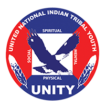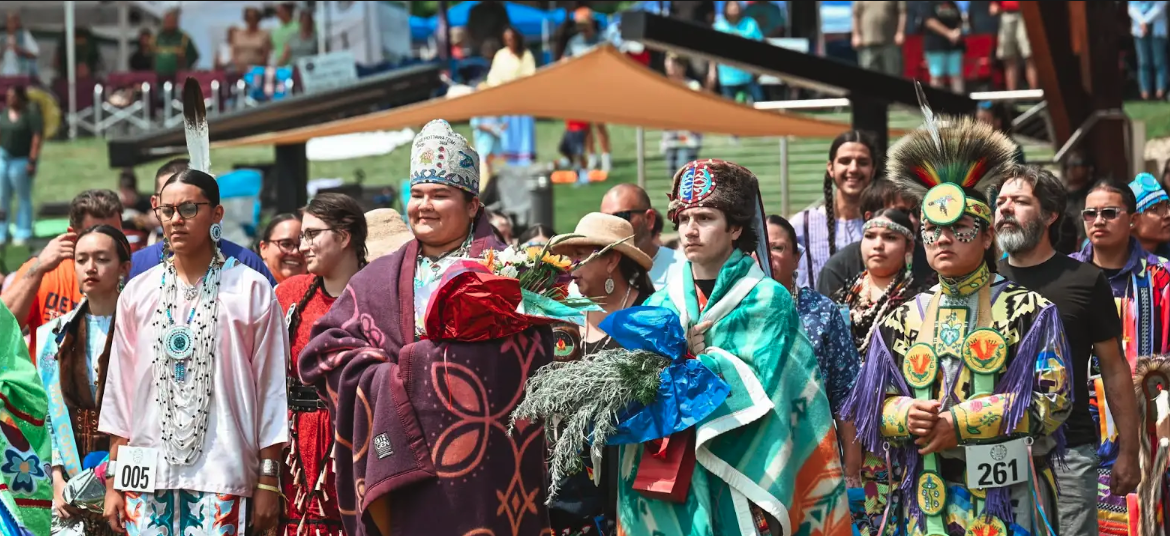
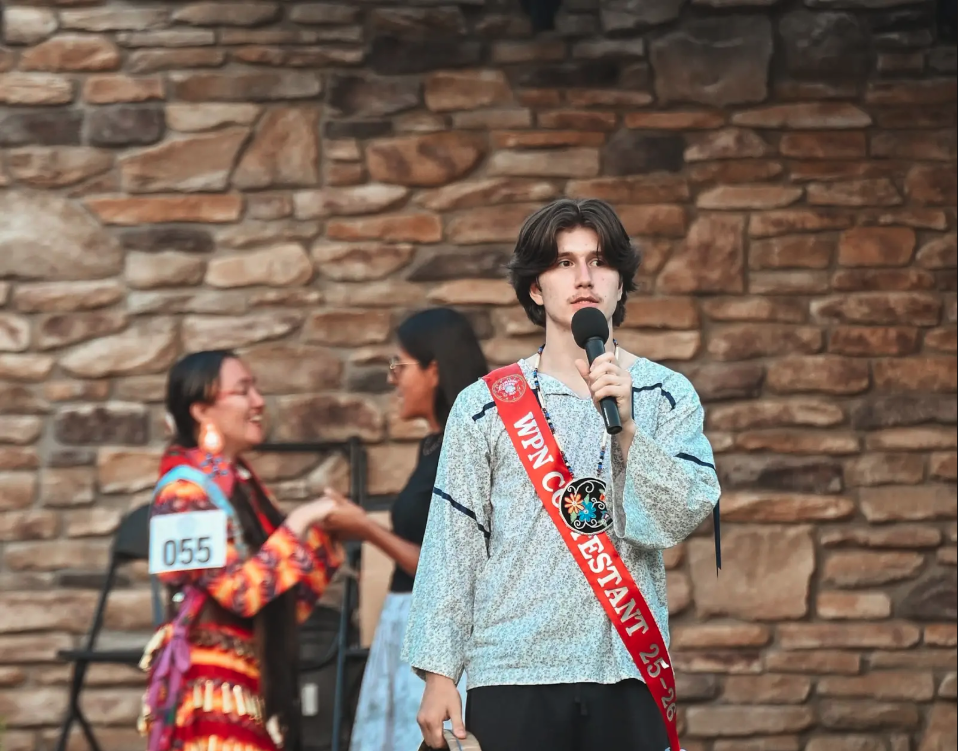
Laughter, music, and the smell of good food filled the air as youth and elders gathered for a circus-themed luncheon hosted by the Pokagon Band of Potawatomi Youth Council.
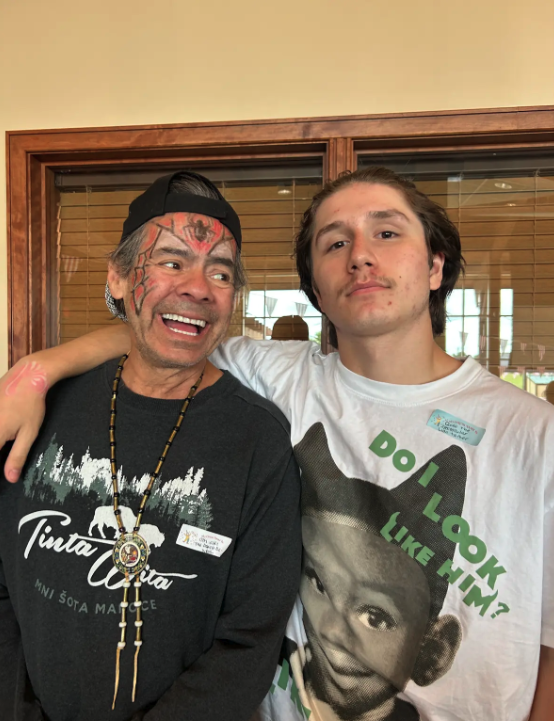
At the heart of it all was Gabriel Loonsfoot, Midwest Regional Representative on the National UNITY Council Executive Committee, who sees leadership not as a title, but as a responsibility to bring people together.
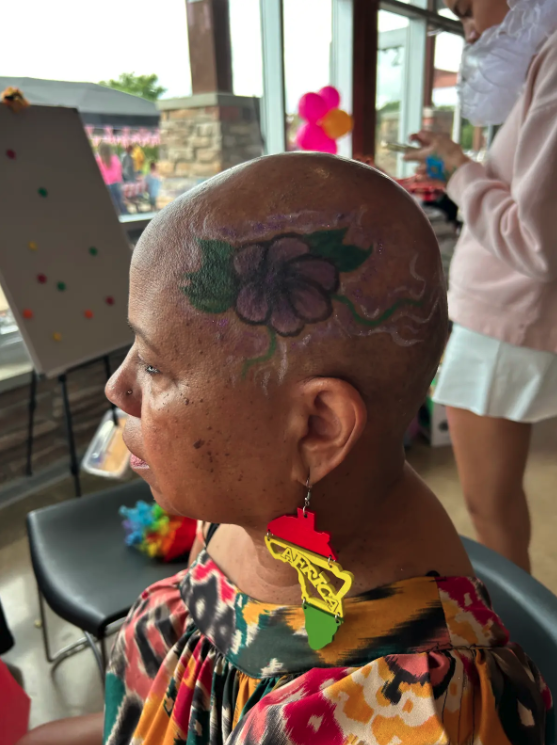
“These experiences gave me the chance to connect with my community and reminded me that our traditions and leadership strengthen who we are as a people. Every role, big or small, makes an impact in building unity,” Gabriel shared.
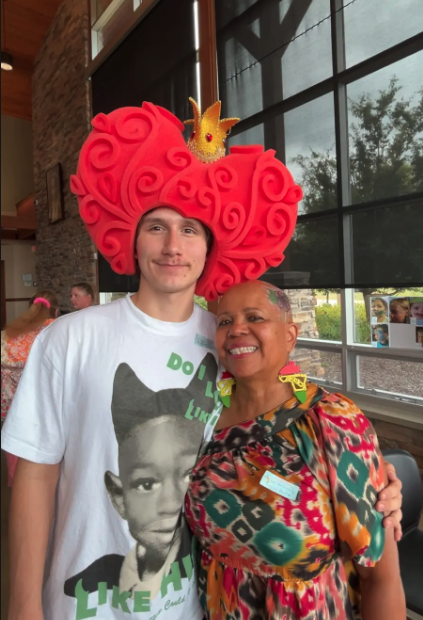
This fall, Gabriel’s leadership extended across multiple spaces. From strengthening intergenerational ties at the elders’ lunch, to supporting environmental leadership at the Midwest Regional Earth Ambassadors Conference in Traverse City, Michigan, to celebrating culture and youth leadership at his tribe’s Kee Boon Mein Kaa Labor Day Contest Pow Wow, Gabriel embodied the power of community connection. Each experience reflected UNITY’s Top Ten Issues Facing Native Youth—preserving culture and language, building wellness, and creating opportunities for civic engagement.
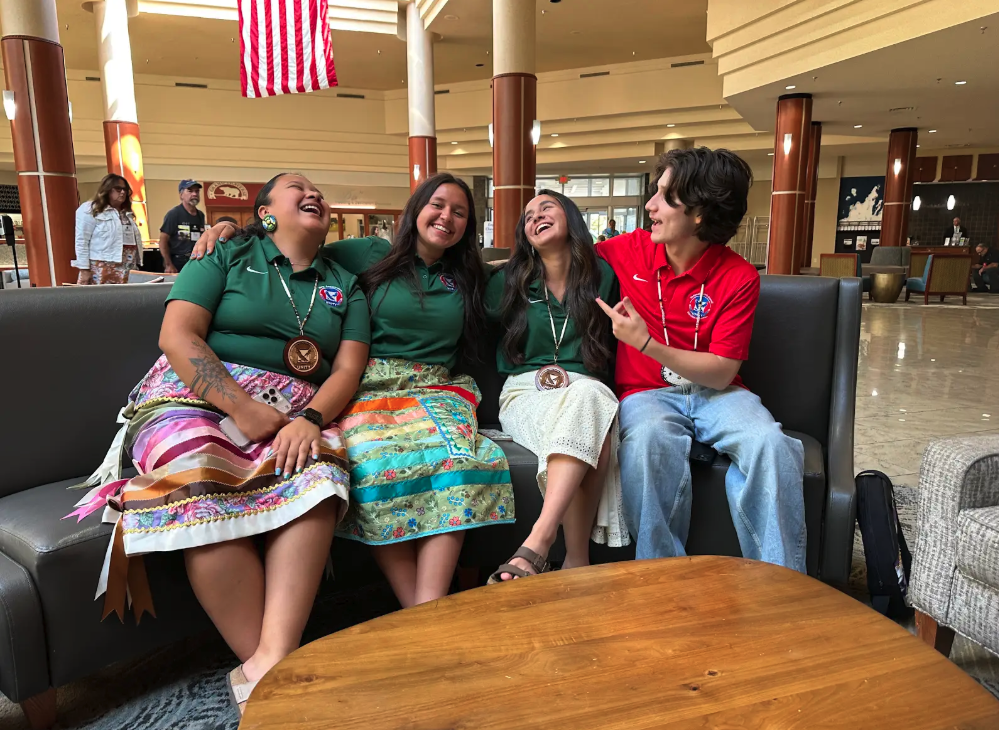
Gabriel traveled to Traverse City, Michigan, to attend the Midwest Regional Earth Ambassadors Conference at the Grand Traverse Bay Resort and Spa. There, he connected with other Native youth leaders who are dedicated to protecting the environment and advocating for climate justice. This experience aligned with UNITY’s commitment to environmental stewardship and the Top Ten Issues of health, community wellness, and cultural sustainability. For Gabriel, learning alongside Earth Ambassadors reinforced the idea that youth can be at the forefront of protecting homelands while drawing strength from Indigenous knowledge.
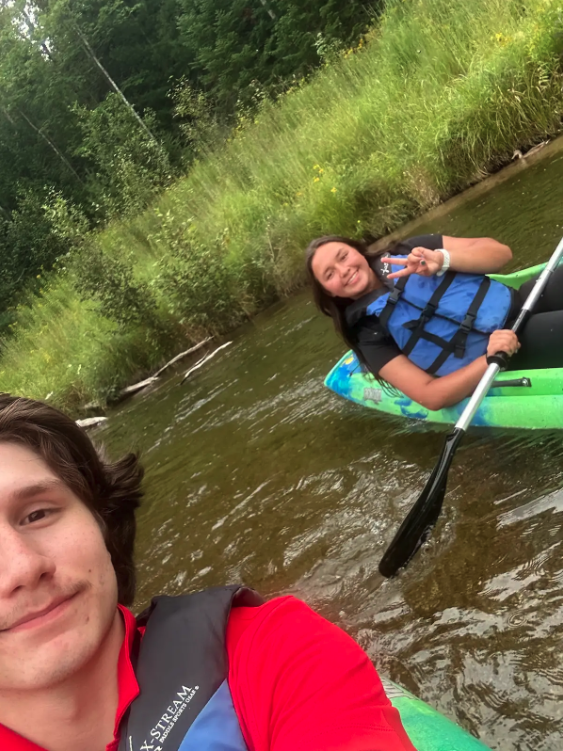
Gabriel’s busy August concluded with his tribe’s Annual Kee Boon Mein Kaa Labor Day Contest Pow Wow in Dowagiac, Michigan, where he served as a judge for the royalty contestants. This responsibility placed him in a role of encouraging young leaders as they represented their communities in cultural and leadership capacities. Supporting youth who step forward in this way strengthens cultural pride, prepares future leaders, and uplifts Native youth voices—values at the heart of UNITY’s mission.
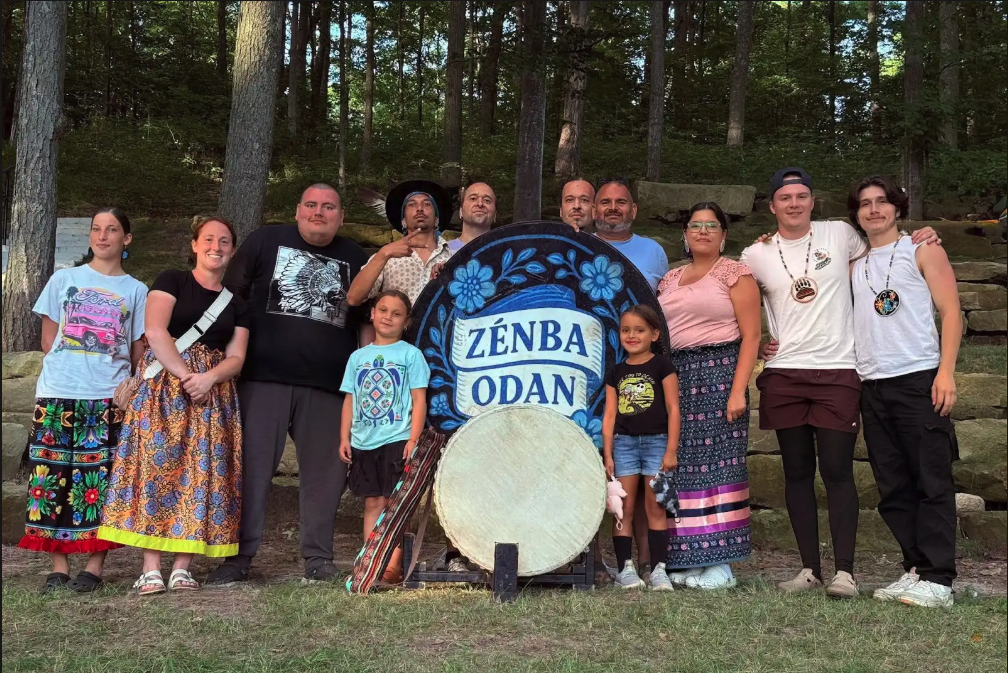
The National UNITY Council, where Gabriel serves as part of the Executive Committee, is comprised of more than 300 youth councils across the country. Together, they vote each year to determine the Top Ten Issues Facing Native Youth, which guide councils in planning meaningful community service projects. This collective process ensures that the work happening in places like Dowagiac or Traverse City connects with efforts from Alaska to Florida. The result is a powerful national network of youth leaders working toward shared solutions.
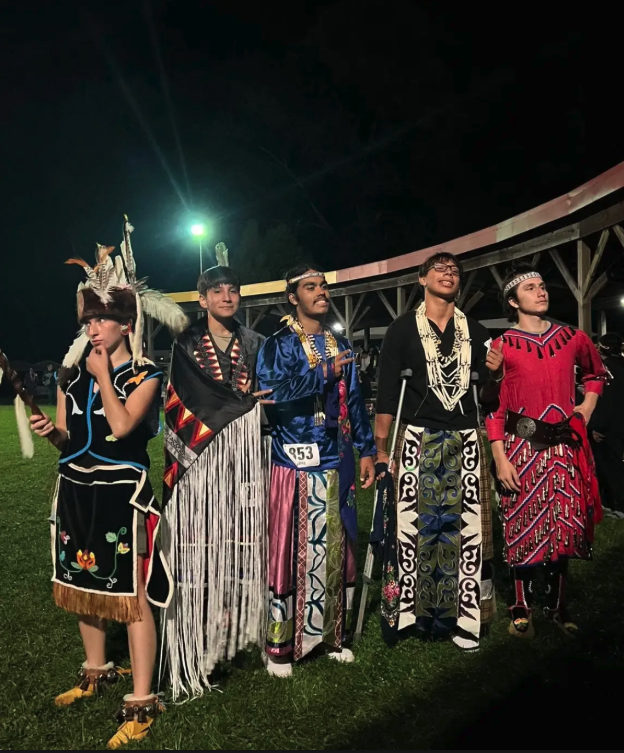
As the Midwest Region’s representative, Gabriel’s story is a reminder that no act of service is too small. Hosting an elders’ lunch, supporting environmental leadership, or judging at a powwow all contribute to the larger movement of Native youth empowerment. His leadership demonstrates how grassroots service projects are directly tied to UNITY’s collective impact, inspiring other councils to create their own initiatives that address the issues facing their communities.
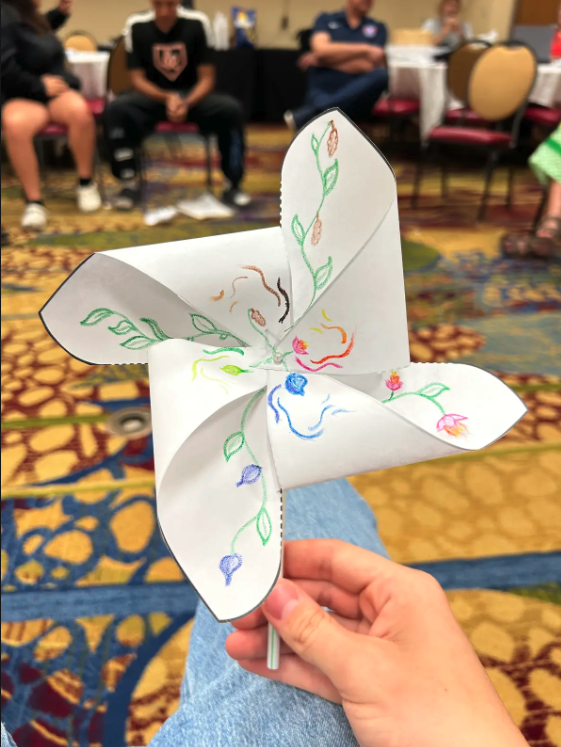
For Native youth in the Midwest, Gabriel’s work is both an example and an invitation. By reaching out to their UNITY Regional Representative, youth councils can collaborate, share resources, and join the growing movement of Native youth leaders making a difference. Gabriel’s message is clear: every role matters, and together, Native youth can create unity that stretches across generations and regions.
